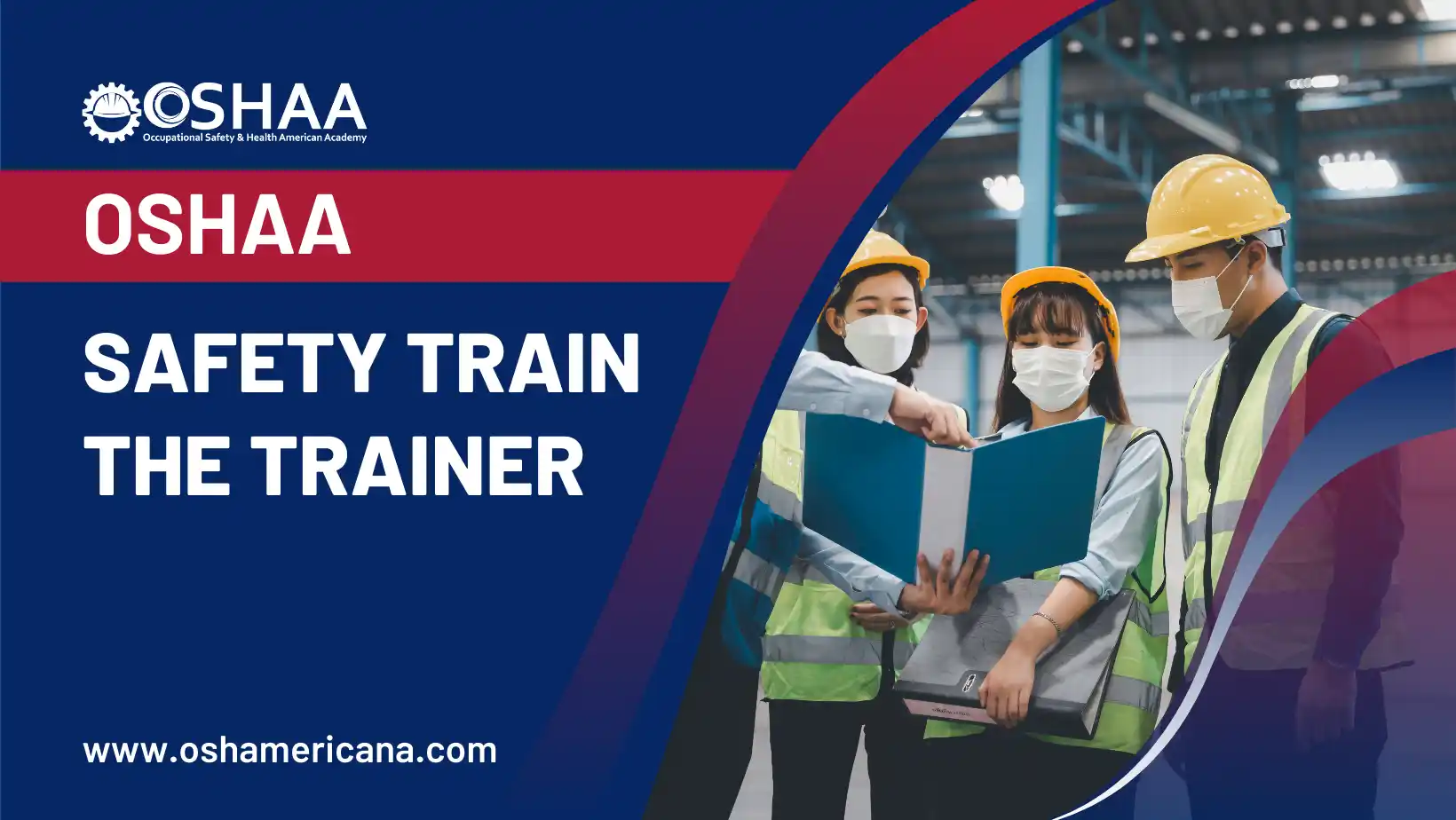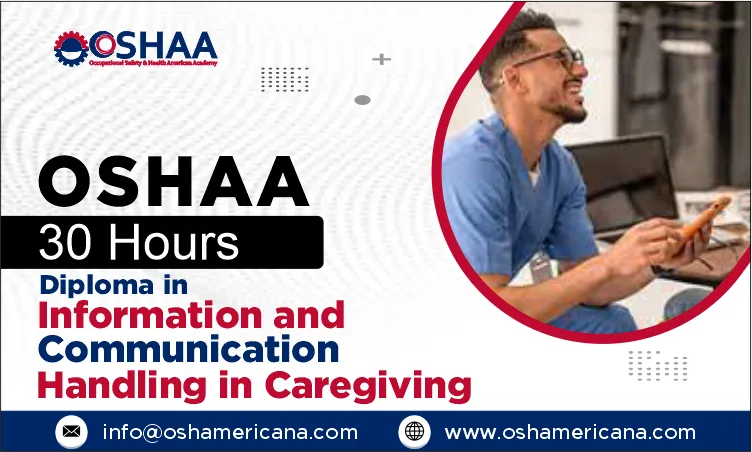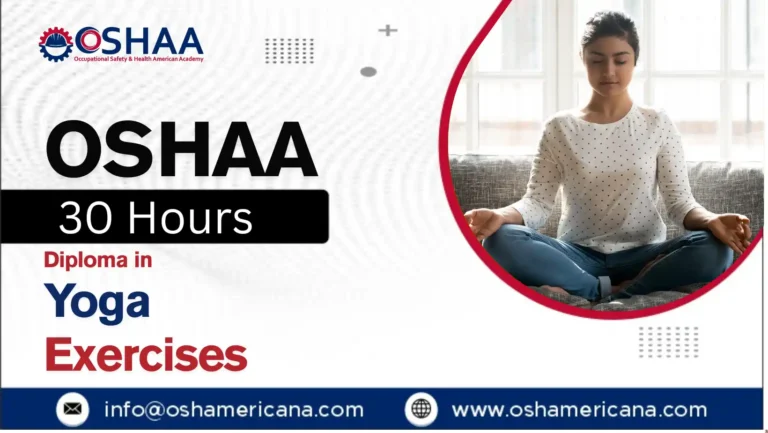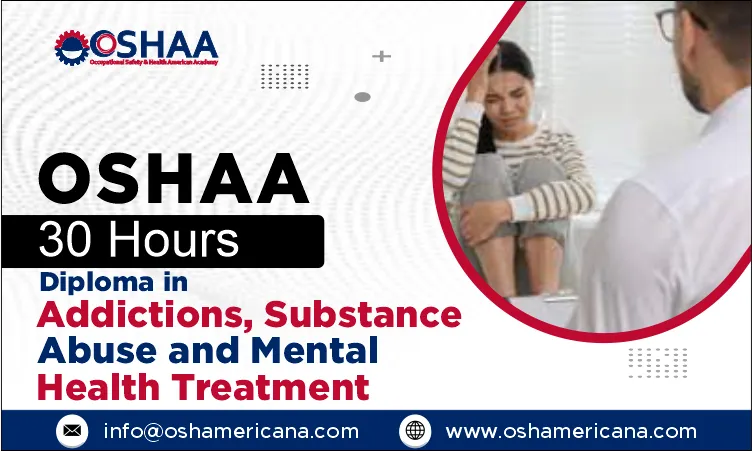The OSHAA 30-Hours Diploma in Massage Therapy is a professionally structured programme designed to equip individuals with the essential knowledge and practical skills required for a career in therapeutic massage. This diploma provides a comprehensive foundation in massage techniques, anatomy, and client care, ensuring that graduates are prepared to deliver high-quality treatments in various professional settings.
Massage therapy plays a crucial role in promoting physical and mental well-being. It is widely used for pain relief, stress reduction, and injury rehabilitation. With the increasing demand for qualified massage therapists in healthcare, sports therapy, and wellness industries, this diploma offers a strong foundation for those looking to enter the field.
This diploma is designed to provide a strong theoretical foundation alongside practical application, ensuring graduates acquire the confidence and competence required to excel in the field. With a focus on industry best practices, professional ethics, and advanced techniques, this programme is ideal for those seeking a structured and accredited approach to massage therapy education.
OSHAA 30-Hours Diploma in Massage Therapy
Study Units
Learning Outcomes
1. Introduction to Massage Therapy (3 Hours)
- Understand the history, principles, and benefits of massage therapy.
- Identify different types of massage and their applications.
- Recognise the role of massage therapy in healthcare and wellness industries.
- Develop an understanding of client expectations and professional responsibilities.
2. Anatomy and Physiology for Massage Therapists (4 Hours)
- Gain knowledge of the musculoskeletal, circulatory, and nervous systems.
- Understand how massage therapy affects different body systems.
- Identify key anatomical landmarks relevant to massage practice.
- Recognise common physical conditions that may impact treatment.
3. Principles and Techniques of Swedish Massage (4 Hours)
- Learn the fundamental techniques of Swedish massage, including effleurage, petrissage, friction, tapotement, and vibration.
- Understand how to apply pressure and movement effectively.
- Develop the ability to customise treatments based on client needs.
- Practise proper body mechanics to enhance technique and prevent strain.
4. Deep Tissue and Therapeutic Massage Techniques (4 Hours)
- Understand the principles of deep tissue massage and its therapeutic benefits.
- Learn advanced techniques for targeting deep muscle layers.
- Recognise contraindications and precautions for deep tissue work.
- Develop hands-on skills for treating muscle tension and chronic pain.
5. Reflexology and Alternative Massage Modalities (3 Hours)
- Gain an introduction to reflexology and its benefits.
- Identify reflex points on the hands, feet, and ears.
- Explore additional complementary therapies, such as aromatherapy and acupressure.
- Understand when and how to incorporate alternative techniques into massage practice.
6. Client Assessment and Consultation Skills (4 Hours)
- Develop effective communication skills for client interaction.
- Conduct thorough client consultations, including medical history intake.
- Identify client-specific needs and customise treatments accordingly.
- Understand documentation and record-keeping requirements in massage therapy.
7. Health, Hygiene, and Safety in Massage Therapy (4 Hours)
- Learn essential hygiene and sanitation practices to ensure client and therapist safety.
- Understand infection control measures and best practices in a clinical setting.
- Recognise workplace safety regulations and risk management strategies.
- Develop knowledge of self-care techniques to prevent occupational injuries.
8. Ethical and Professional Standards in Massage Therapy (4 Hours)
- Understand the ethical responsibilities of a professional massage therapist.
- Recognise client confidentiality and professional boundaries.
- Learn the importance of informed consent and client rights.
- Develop an understanding of legal and regulatory requirements in the industry.
- Comprehensive Knowledge of Massage Techniques
Gain a deep understanding of various massage therapy techniques, including Swedish, deep tissue, and reflexology, to provide effective treatments. - Enhanced Career Opportunities
Improve employability in the wellness and healthcare sectors, including spas, rehabilitation centres, sports therapy, and private practice. - Strong Foundation in Anatomy and Physiology
Develop essential knowledge of the human body, including the musculoskeletal, circulatory, and nervous systems, to enhance treatment effectiveness. - Improved Client Consultation and Assessment Skills
Learn how to assess client needs, conduct consultations, and create personalised treatment plans to ensure safe and effective therapy. - Adherence to Health, Safety, and Ethical Standards
Understand hygiene, infection control, and workplace safety measures while maintaining professional ethics and client confidentiality. - Effective Pain Management and Stress Reduction Techniques
Gain expertise in therapeutic techniques that help alleviate pain, muscle tension, and stress, contributing to overall well-being. - Self-Employment and Business Opportunities
Equip yourself with the knowledge to start a private massage therapy business or work as a freelance practitioner. - Holistic Approach to Wellness
Learn how massage therapy integrates with other wellness practices, such as aromatherapy and reflexology, for a comprehensive healing approach.
- Aspiring Massage Therapists – Individuals looking to start a career in massage therapy and wellness.
- Healthcare and Wellness Professionals – Nurses, physiotherapists, chiropractors, and fitness trainers seeking to expand their expertise.
- Spa and Beauty Industry Professionals – Practitioners in beauty therapy, spa treatments, and holistic healing who want to enhance their skills.
- Sports and Rehabilitation Specialists – Professionals working with athletes or in rehabilitation settings who want to incorporate massage techniques into their practice.
- Caregivers and Support Workers – Individuals in caregiving roles who wish to use massage therapy for pain relief and relaxation in clients.
- Entrepreneurs and Freelancers – Those interested in starting their own massage therapy business or offering mobile massage services.
- Anyone Interested in Holistic Health – Individuals passionate about wellness, relaxation, and alternative healing therapies.







